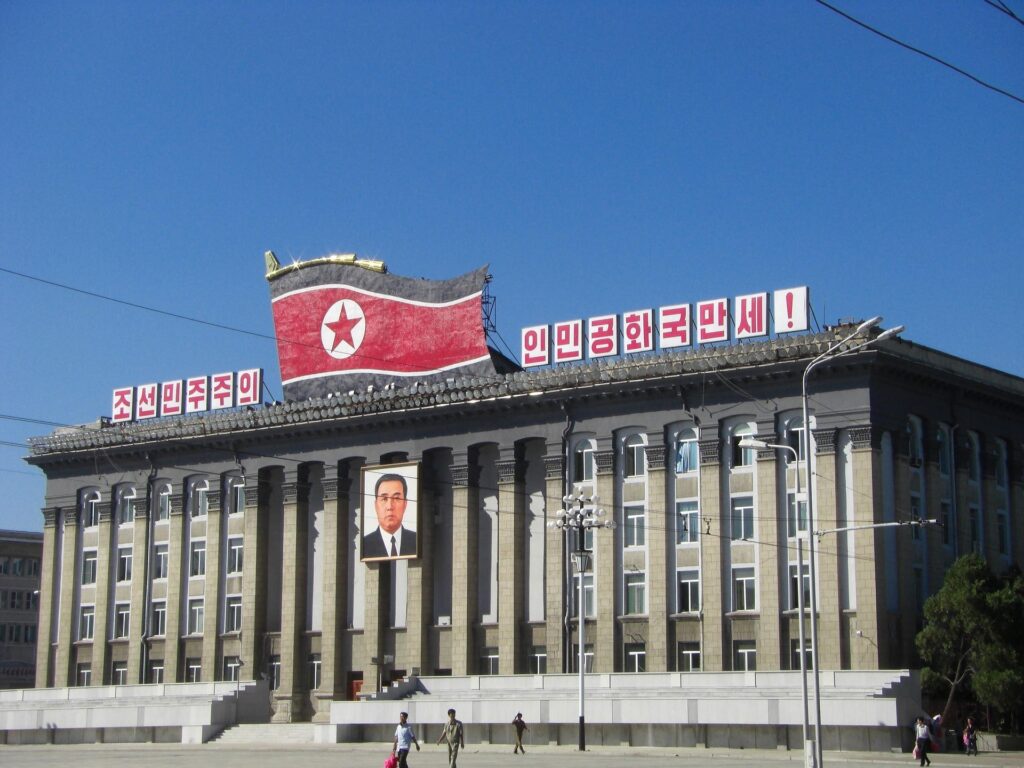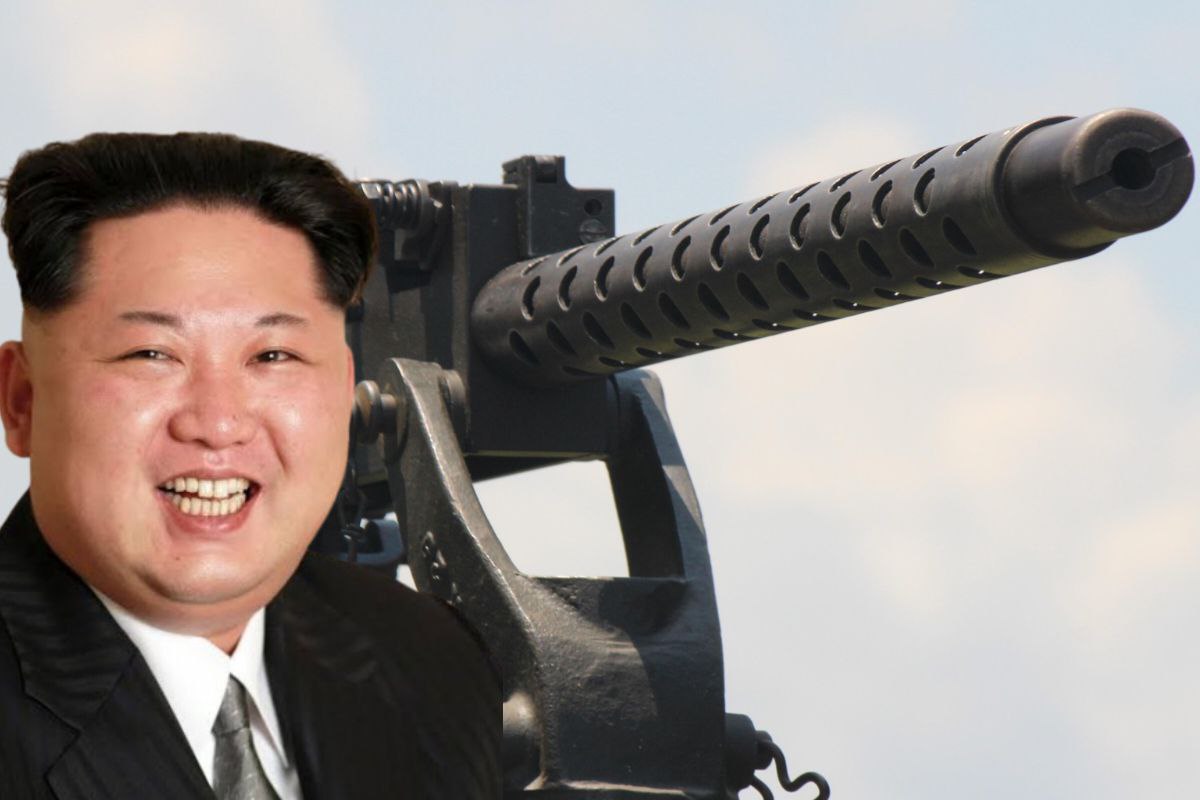Discover over 50 unbelievable laws and restrictions in North Korea — from generational punishments and banned hairstyles to thought crimes and state-controlled media. A deep dive into the world’s most secretive regime.
North Korea: The World’s Most Isolated and Controlled Nation – A Deep Dive into its Bizarre Rules and Unimaginable Realities
North Korea, officially known as the Democratic People’s Republic of Korea (DPRK), is often portrayed as the most secretive and strictly governed nation on Earth. A country where even being born doesn’t guarantee innocence — children can be declared traitors at birth because of their family history.
The state’s totalitarian rule under the Kim dynasty has created a society so tightly controlled that even thoughts can be criminalized. In this article, we explore the strangest and most chilling rules of North Korea — rules that seem unbelievable but are terrifyingly real.
The roots of this regime go back to 1945, when Korea was liberated from 35 years of Japanese rule. After World War II, the Korean peninsula was divided into two zones: North Korea under Soviet influence and South Korea under American control. In 1948, Kim Il-sung became the founding leader of North Korea, and with him began the reign of the Kim dynasty. Despite being named a republic, democracy never saw daylight here. The Korean War broke out in 1950, and although it ended in 1953, no peace treaty was ever signed — technically keeping both Koreas at war till today.
Since its inception, North Korea has been ruled by only one family — first Kim Il-sung, then his son Kim Jong-il, and now his grandson Kim Jong-un. To preserve power, the leadership enforced one of the world’s harshest sets of laws to maintain control, suppress dissent, and prevent foreign influence. The extent of these laws is often shocking to outsiders.
North Korea held elections where only one candidate appears on the ballot. Not voting or refusing to vote for the state-approved candidate is treated as treason and could result in prison. Elections in North Korea are not about choosing a leader but a test of loyalty. The Supreme People’s Assembly exists, but its function is not to make decisions — it only approves what Kim Jong-un has already decided.
There is only one television channel in the country — and it is permanently tuned to state-run Korean Central Television. All other tuners are either disabled or illegal. Importing foreign electronics like TVs with NTSC tuners is also banned. On this channel, only state-approved content is shown — speeches from the Kim family, propaganda against the West, and strict government programming. North Korean citizens have no access to global news, entertainment, or objective reporting.
Internet access is entirely restricted. Ordinary citizens are not allowed to use the real internet; instead, they are given access to a closed network known as Kwangmyong. This intranet is monitored closely by the government, tracking everything citizens read, watch, or discuss online. Calling abroad without state permission is illegal. All mobile phones, USB drives, and computers are regularly inspected for foreign content, and the discovery of South Korean dramas or Hollywood films could mean life in labor camps.
Speaking of media, there is no private press or independent journalism. Newspapers, radios, and television are all operated by the state. Their sole purpose is to glorify the leadership, promote Kim Il-sung’s ideology, and paint the United States and its allies as enemies. From early childhood, North Koreans are taught to hate the West and worship their leaders.
Even music played in public spaces like metros and train stations is limited to speeches from the Kim family. Talking or making noise during these broadcasts is prohibited. Wearing jeans, dying hair, or dressing in flashy clothes is also banned, as these are considered foreign influences. Sunglasses and western wedding dresses were prohibited in 2024. Specific hairstyles are mandated by the government — citizens are only allowed to choose from a few approved options.
North Korea is perhaps the only country where not only committing a crime but merely thinking about one could land you in jail. The regime has a vast network of informants and spies living in every neighborhood to report any suspicious behavior or disloyalty. Citizens are required to attend weekly self-criticism sessions where they confess minor or major ideological failings — even admitting admiration for foreign cultures or failing to praise Kim Jong-un can be a punishable offense.
Every citizen is forced to memorize the 10-point ideological principles of the regime. Forgetting or hesitating during recitation could be seen as betrayal. Each home is legally required to display portraits of Kim Il-sung and Kim Jong-il, which must be kept clean at all times. On the death anniversaries of these leaders, citizens are expected to publicly mourn. Failure to show appropriate grief can result in punishment.
The Songbun system — North Korea’s rigid caste-like social classification — determines the fate of every citizen from birth. Based on family history, people are divided into three classes: “Core” (the elite loyalists), “Wavering” (neutral or uncertain), and “Hostile” (descendants of religious followers, defectors, or political dissidents). A child’s future, career, education, and residence are determined by this system. For instance, the elite are allowed to live in Pyongyang and have access to luxury and government jobs. The “hostile” class does menial jobs like mining or cleaning and lives under constant surveillance.
Traveling from one city to another requires government permission. Owning a bicycle needs registration and a license. Cars and passports are reserved for the elite and government officials. Even religious practice is banned. Though a few churches exist, they are staged only for foreign visitors. Practicing religion in private could lead to arrest or deportation to labor camps.

All land, houses, shops, and businesses belong to the state. Citizens can only use them with government approval. Even basic utilities like electricity, water, and gas are rationed and monitored. At age 17, both men and women must serve in the military for 10 years, regardless of personal choice.
The isolation extends even to the calendar. North Korea uses the Juche Calendar, starting from 1912 — the birth year of Kim Il-sung. So, the current year 2025 in the rest of the world is Juche 113 in North Korea.
Even tourists face extreme restrictions. Foreign visitors must always be accompanied by government-approved guides, are not allowed to speak to locals, take unauthorized photos, or visit unapproved locations. Interviews with citizens can only happen with permission. Breaking these rules can lead to expulsion or worse.
Perhaps most disturbingly, North Korea practices generational punishment. If a person commits a crime against the state, not only they but their children and grandchildren may also be imprisoned or executed. This horrifying rule is designed to completely eliminate dissent and ensure that no trace of opposition survives.
While some of these rules may have changed or become even more extreme, most of what the world knows about North Korea comes from the rare few who have managed to escape and leak information. Some smuggle data via USBs across the Chinese border, and some foreign satellite intelligence offers limited insight into life inside the Hermit Kingdom.
North Korea remains one of the most mysterious and tightly locked nations on Earth — a place where freedom is a foreign concept, and control is a way of life.

